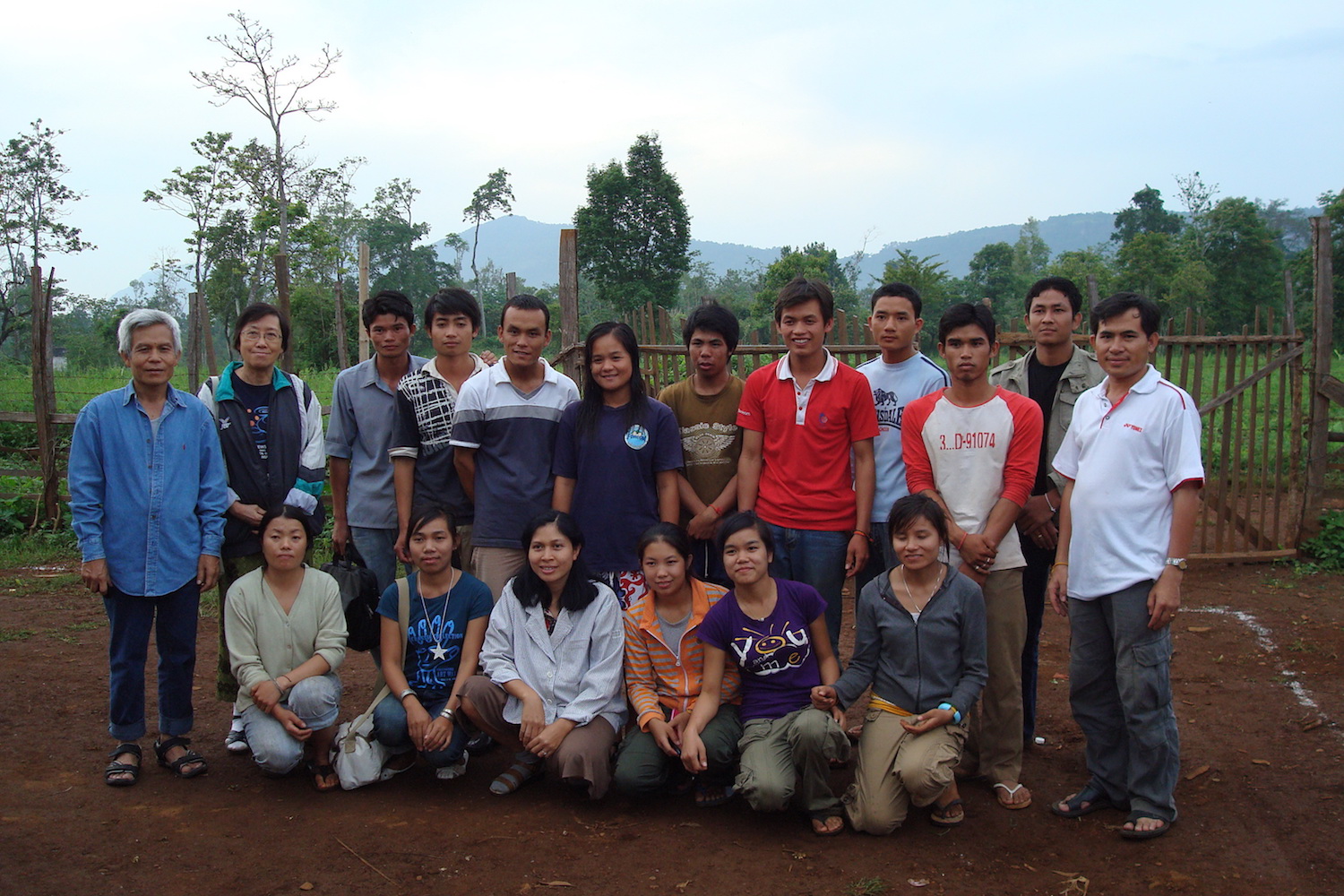Radio Free Asia: 22 April 2015

Civil society organizations in Laos are under pressure to omit key concerns from a list of regional human rights issues to be raised on the sidelines of an Association of Southeast Asian Nations (ASEAN) summit in Malaysia this week and “fear for their safety” if they attempt to do so, a CSO official said Wednesday.
The groups dare not raise the concerns during the April 21-24 ASEAN Peoples’ Forum (APF)—intended to provide civil society with a platform to address ASEAN leaders—because they fear retribution for criticizing government policy, the CSO official told RFA’s Lao Service.
“[The CSOs] will talk mostly about gender roles only, but not other issues such as land rights, the impact of hydropower dams … and enforced disappearance, because they are afraid for their safety,” he said, speaking on condition of anonymity.
The official said the majority of authentic CSOs in Laos “do not want to attend the forum,” especially those which focus on human rights issues, but that the Lao Ministry of Foreign Affairs and Ministry of the Interior had persuaded other “irrelevant” organizations to go in their place. Continue reading “Lao Civil Society Pressured to Drop Rights Issues From ASEAN Forum”



 Today we made merits for you as well to blessed us all for the fresh Lao new year. Wherever you are i wish you received our pray and the food we offer in spirits. We did the ceremony at the wooden house that you bought just couple months before someone disappeared you. I remember very well this house and the rice hut, you said you were very very proud you found it, they are old that the owner wanted to tear it down and you want to preserve it. I never thought before that I will have to work on this house for you, moving them in pieces all the way from Savannakhet province and rebuild in Vientiane capital. It was my very first time in my life to build a house, and I always wish that you could come back and tell me what I should do with these old pieces of woods.
Today we made merits for you as well to blessed us all for the fresh Lao new year. Wherever you are i wish you received our pray and the food we offer in spirits. We did the ceremony at the wooden house that you bought just couple months before someone disappeared you. I remember very well this house and the rice hut, you said you were very very proud you found it, they are old that the owner wanted to tear it down and you want to preserve it. I never thought before that I will have to work on this house for you, moving them in pieces all the way from Savannakhet province and rebuild in Vientiane capital. It was my very first time in my life to build a house, and I always wish that you could come back and tell me what I should do with these old pieces of woods. I sometimes thought whether it’s worth to work on them, but I manage to finished them at last, with some adaptation. For nearly 2 years that it’s done, we never use it, and not many people see the house attractive because it’s typical Lao house. But to me, I always say to myself that this house is lovely. I love looking at it and it make me smile inside. For me it’s symbol of you, your taste and happiness. Hope you will get to come back to see it by yourself soon. Jit
I sometimes thought whether it’s worth to work on them, but I manage to finished them at last, with some adaptation. For nearly 2 years that it’s done, we never use it, and not many people see the house attractive because it’s typical Lao house. But to me, I always say to myself that this house is lovely. I love looking at it and it make me smile inside. For me it’s symbol of you, your taste and happiness. Hope you will get to come back to see it by yourself soon. Jit The disappearance of respected agronomist and community leader Sombath Somphone in 2012 alerted the international community to Vientiane’s problematic rights record.
The disappearance of respected agronomist and community leader Sombath Somphone in 2012 alerted the international community to Vientiane’s problematic rights record.



